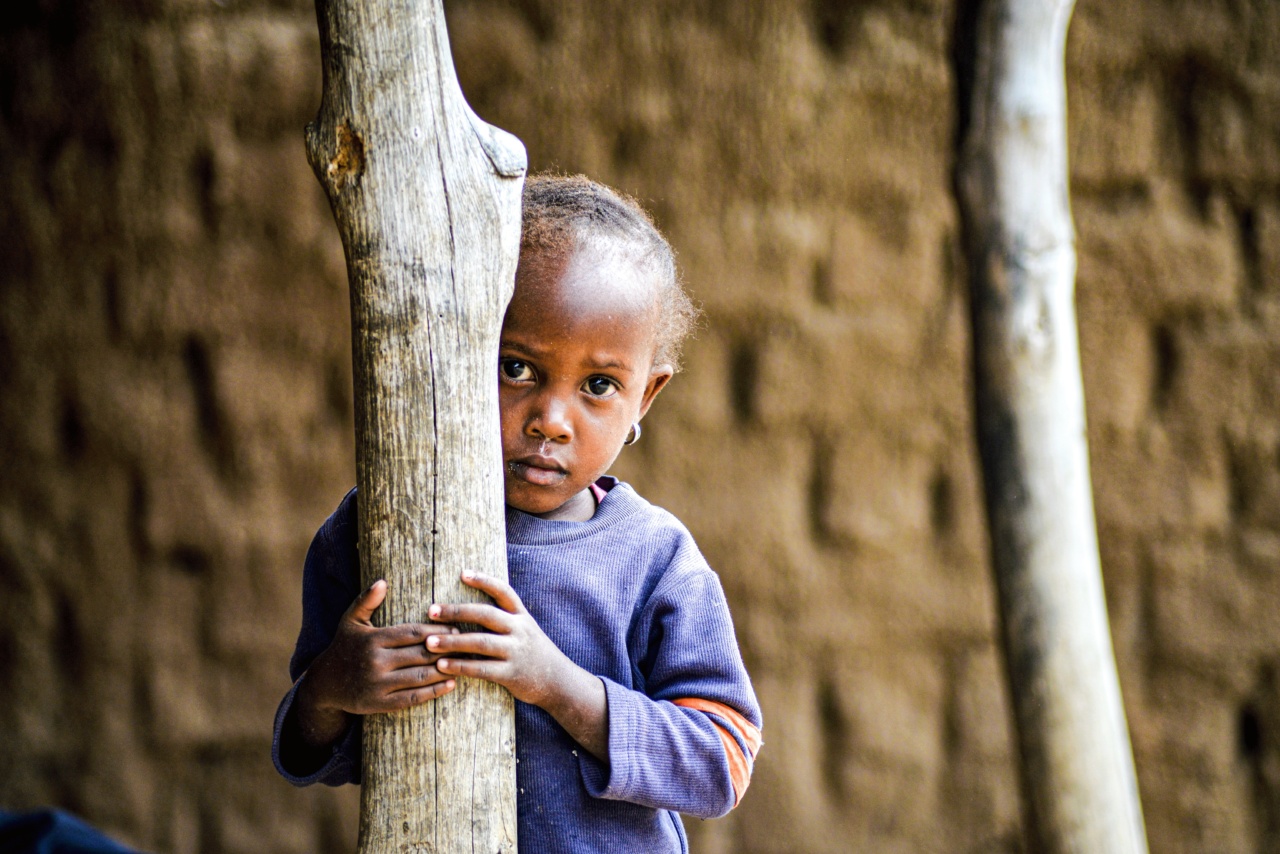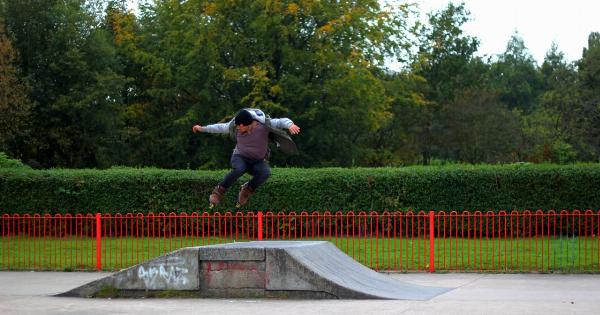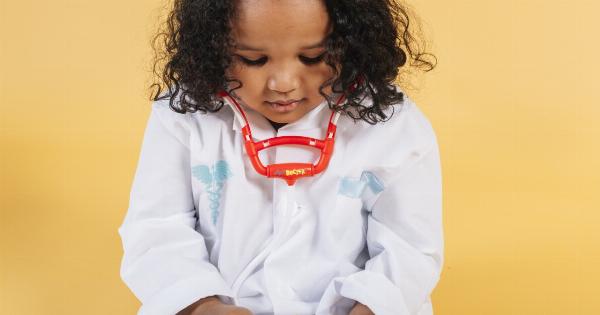Allergies are a common issue that can develop in childhood and persist into adulthood, affecting millions of individuals worldwide. Common allergens range from food items to pollen to dust and pets and can vary from mild to severe symptoms.
These symptoms manifest as an allergic reaction, which can include skin rashes, inflammation, and anaphylaxis, depending on the severity of the allergy. Allergic reactions are caused by the immune system mistakenly identifying harmless substances as dangerous and launching an immune response.
Current Treatment for Childhood Allergies
The current treatment for childhood allergies consists of avoidance and management of symptoms through medication.
Medications such as antihistamines, decongestants, and corticosteroids are used to combat symptoms such as sneezing, runny nose, and inflammation. In cases of severe allergies, epinephrine injection may be required to halt anaphylaxis. However, these treatments only manage symptoms and do not address the underlying issue of the immune system’s response to the allergen.
Immunotherapy
Immunotherapy, also known as allergy shots, is a treatment that aims to desensitize the immune system to allergens. The treatment involves injecting patients with small doses of the allergen and gradually increasing the dosage over time.
The increased dosage aims to train the immune system to reduce its response to the allergen, ultimately desensitizing patients to it. This process can take up to six months to show results, but studies have shown that immunotherapy can reduce the severity and frequency of allergic reactions, potentially offering a long-lasting cure.
The Potential of Immunotherapy for Childhood Allergies
The potential of immunotherapy for childhood allergies is vast. With more children developing allergies than ever before, it is becoming increasingly apparent that current treatments are not enough. Immunotherapy may provide a new avenue for a cure.
A recent study published in the Journal of Allergy and Clinical Immunology found that peanut immunotherapy was successful in desensitizing children to peanut allergens. Participants in the study showed a substantial reduction in peanut allergy severity after treatment with immunotherapy.
This research could revolutionize the way peanut allergies are treated in children, offering a long-lasting solution that eliminates the need for avoidance, allowing children with peanut allergies to lead a normal, unrestricted life.
The Future of Immunotherapy for Childhood Allergies
The future of immunotherapy for childhood allergies looks promising. Researchers are exploring ways to make immunotherapy safer, more accessible, and more effective. One study is testing oral immunotherapy as an alternative to injections.
This method involves administering small amounts of the allergen in pill form, further increasing the convenience and safety of the treatment. Another study is looking at using gene editing technology to modify immune cells to reduce the severity of the allergic response.
These new developments indicate that immunotherapy has the potential to offer a comprehensive and long-term cure for childhood allergies.
The Benefits of Immunotherapy for Childhood Allergies
The benefits of immunotherapy for childhood allergies are numerous. Immunotherapy offers a potential cure for allergies, meaning that patients could ultimately become desensitized to the allergen completely.
This outcome would allow patients to eat foods that would have otherwise caused an allergic reaction, making mealtimes much less restrictive. Immunotherapy also eliminates the need for daily or regular medication, meaning that patients can avoid potential side effects and reduce medication costs.
Conclusion
Childhood allergies are a growing problem worldwide, but current treatments are not enough. Immunotherapy offers a potential cure for allergies, offering a long-lasting solution that eliminates the need for medication and avoidance.
As research into immunotherapy continues, we can look forward to more accessible, safer, and more effective treatments in the future.






























